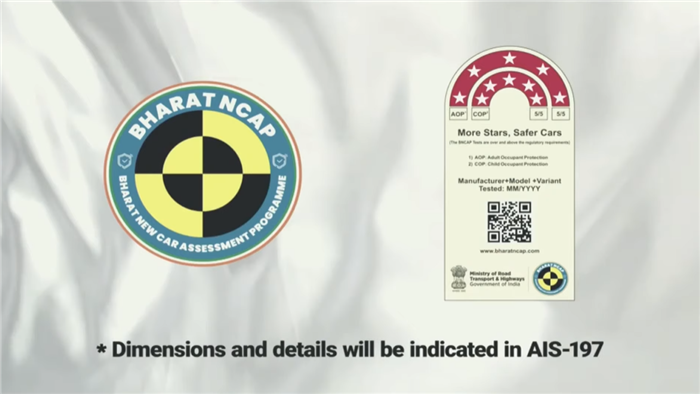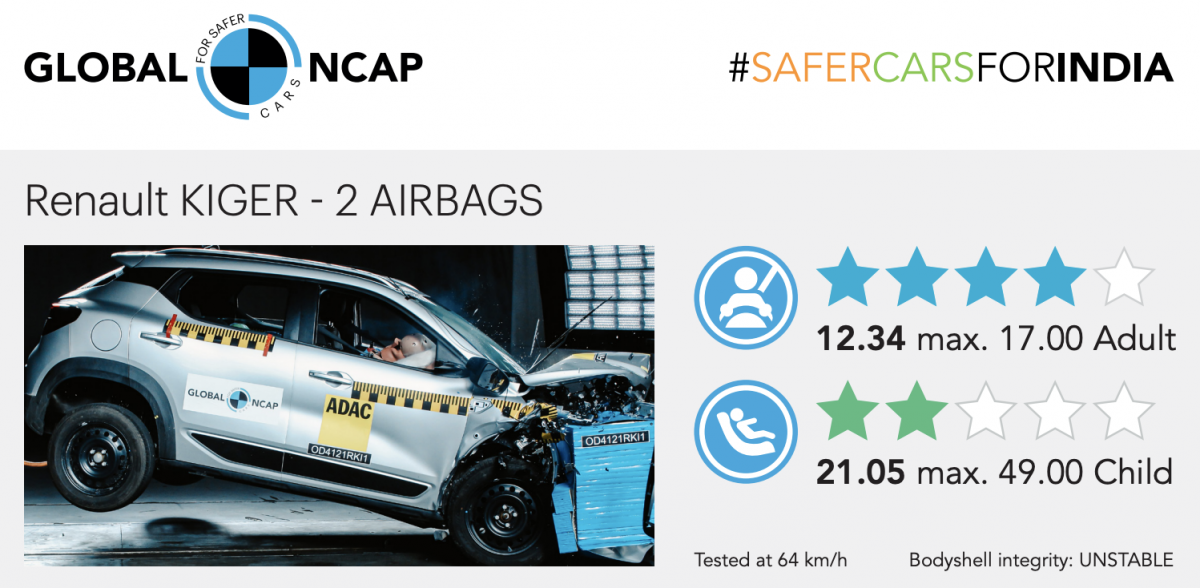

Global NCAP has announced that it will end its Safer Cars for India program as the Bharat NCAP becomes operational. To this end, the Global NCAP has signed a Memorandum of Understanding (MoU) to provide technical assistance to BNCAP. The Safer Cars for India initiative will wrap up by the end of the year.
One of the reasons for discontinuation for the Safer cars for India initiative is to avoid confusion in the minds of consumers. Having two systems is likely to confuse car buyers.
Further, GNCAP conducted 62 crash tests and over 50 models over the past 10 years. Hence, they will be in a good position to share information and SoPs with regards to crash testing new cars in BNCAP. They will also share the how-to’s with respect to media engagement, test result usage in car advertisements and more.
GNCAP Executive President David Ward was involved with setting up Euro NCAP 30 years ago. He said that it took a long time to get OEMs involvement in Europe, while the progress has been much faster in India.


India’s very own new car assessment programme is scheduled to go live from 1 October, 2023.
The process to get the testing commenced begins from OEMs. Interested car manufacturers will express interest to get their model tested. After this, BNCAP representatives will select a model (base variant) from either the manufacturer or a dealer yard.
BNCAP will determine scores for adult and child occupant protection. Further, safety assist systems as well as pedestrian safety will be checked. Vehicle will be tested in the frontal offset test, side impact test and side pole tests. Scores from them will determine the final star rating of the car. These tests will be conducted at 64 km/h speeds.
Based on the tests, the car will receive a 1-5 star rating, The Central Institute for Road Transport (CIRL) will give a certificate and each model will get a Bharat NCAP logo and score sticker.
Also Read – Bharat NCAP, Indian crash test rules announced.